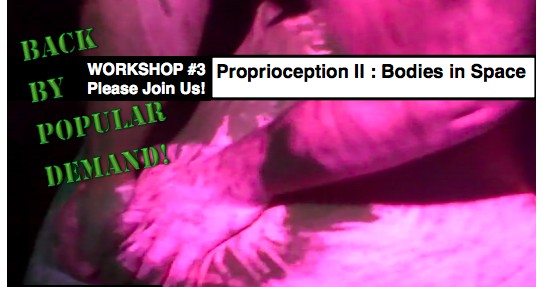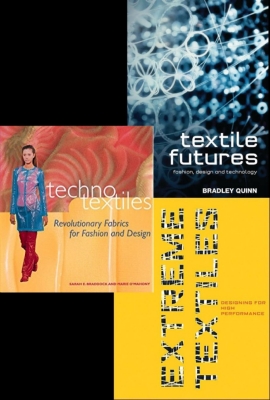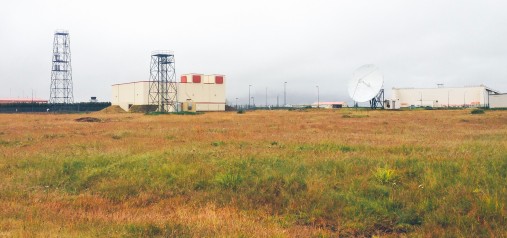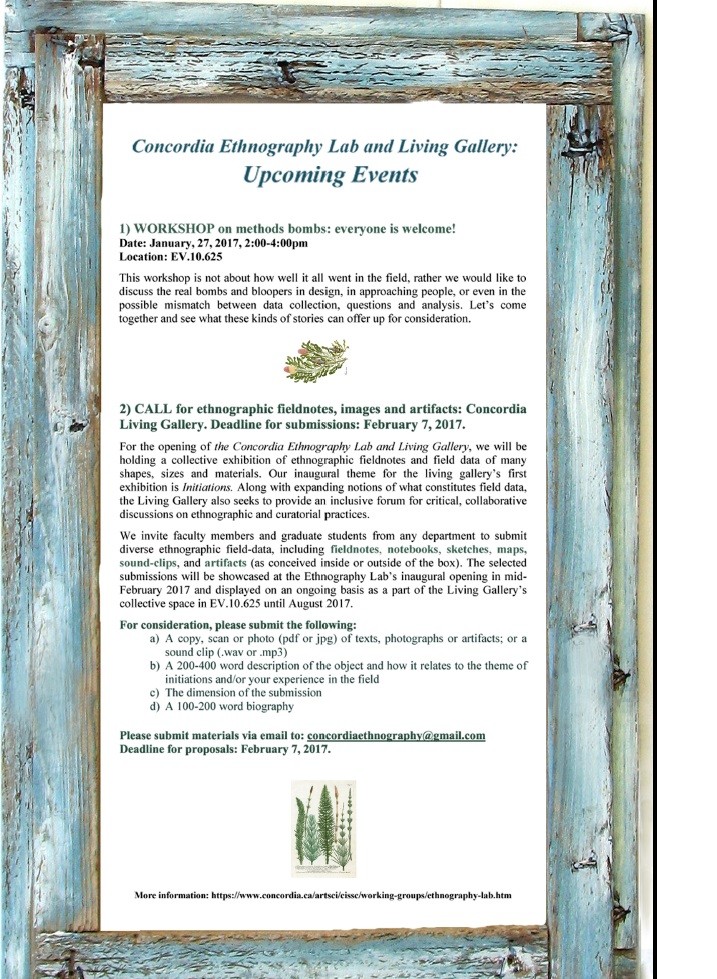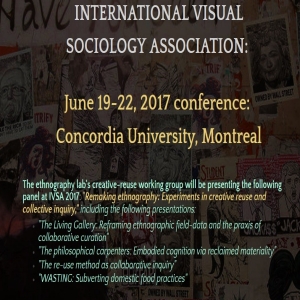Maria Carolina Cambre—Assistant Professor, Education
Dr. Maria Carolina Cambre is an artist/scholar/educator. She explores questions of representation and visual meaning-making with an eye to ethics and social justice. Methodologically, a focus on discourse analysis and semiotics on the micro level combined with varied empirical qualitative approaches on the macro level and building research designs are part of her repertoire. Critical theory/methodologies and visual sociology, visual anthropology, critical policy analysis, new methodologies and artistic/creative research practices as well as emerging social and image-centred theories are central to her work.
Martin French—Assistant Professor, Sociology and Anthropology
Dr. Martin French’s research examines the social dimensions of technology with an empirical focus on communications & information technology and the risks they help to mitigate or aggravate. He studies--often ethnographically--the ways that organizations use surveillance technologies to know and manage the risks they face.
Govind Gopakumar—Associate Professor, Centre for Engineering in Society
Dr. Govind Gopakumar is an interdisciplinary scholar whose research interests are quite varied but broadly he is interested in how technological change becomes acceptable to society. In analyzing this puzzle he thinks that a combination of social, policy and technical dynamics play a defining role. His specific interests are in the policy dynamics of urban infrastructure change, social dimensions of the sustainability of water supply, globalization of urban infrastructure, interdisciplinarity in engineering education and social entrepreneurship for engineers.
Kevin Gould—Associate Professor, Geography, Planning and Environment
Dr. Kevin Gould's research explores everyday processes of policy and market formation. He is particularly interested in how different forms of expertise and sociotechnical arrangements elaborate systems of rule. He maintains an ongoing focus on Guatemala as a site of policy/market formation with a particular interest in development and conservation.
Orit Halpern—Associate Professor, Sociology and Anthropology
Dr. Orit Halpern’s work bridges the histories of science, computing, and cybernetics with design and art practice. Her most recent book Beautiful Data: A History of Vision and Reason since 1945 (Duke Press 2015) is a genealogy of interactivity and our contemporary obsessions with “big” data and data visualization. She is now working on two books; the first is a history and theory of “smartness”, environment, and ubiquitous computing and the second is on speculative design practices and politics. She has also published and created works for a variety of venues including The Journal of Visual Culture, Public Culture, Configurations, C-theory, and ZKM in Karlsruhe, Germany.
Kregg Hetherington—Associate Professor, Sociology and Anthropology
Dr. Kregg Hetherington specializes in the ethnography of infrastructure, environment and bureaucracy. He leads research on bureaucracy and agrarian transitions in Latin America, and a research group on Infrastructure and Environment based at Concordia. His publications include Guerrilla Auditors: The Politics of Transparency in Neoliberal Paraguay, and a forthcoming edited volume Environment, Infrastructure and Life in the Anthropocene.
Tina Hilgers—Assistant Professor, Political Science
Dr. Tina Hilgers’ research deals with poverty and marginalization in urban Latin America and the Caribbean, focusing on informal politics, clientelism, and violence. Her publications include Clientelism in Everyday Latin American Politics (Palgrave Macmillan, 2012, edited volume), A violência na América Latina e no Caribe(Observatorio de Favelas, forthcoming, edited with Jorge Luiz Barbosa), and Violence in Latin America and the Caribbean: Subnational Structures, Institutions, and Clientelism (Cambridge University Press, forthcoming, edited with Laura Macdonald). She is Director of Concordia University’s Lab for Latin American and Caribbean Studies (LLACS).
Rilla Khaled—Associate Professor, Design and Computation Arts
Dr. Rilla Khaled’s research and practice has centred on the design of learning and persuasive games, interactions between games and culture, and practices involved in emerging forms of game design. She currently focuses on speculative play and reflective game design, design perspectives that embrace ambiguous subject matter, foreground play, empower the perspectives of players, and draw together learning and experimental games.
Christopher Salter—Associate Professor, Design and Computation Arts
Chris Salter is an artist, University Research Chair in New Media, Technology and the Senses at Concordia University and Co-Director of the Hexagram network for Research-Creation in Media Arts and Technology in Montreal. He collaborated with Peter Sellars and William Forsythe/Frankfurt Ballet. His work has been seen all over the world at such venues as the Venice Architecture Biennale, Chronus Art Center Shanghai, Vitra Design Museum, HAU-Berlin, BIAN 2014 (Montreal), LABoral, Lille 3000, CTM Berlin, National Art Museum of China, Ars Electronica, Villette Numerique, Todays Art, Transmediale, EXIT Festival (Maison des Arts, Creteil-Paris) among many others. He is the author of Entangled: Technology and the Transformation of Performance (MIT Press, 2010) and Alien Agency: Experimental Encounters with Art in the Making (MIT Press, 2015).
Bart Simon—Associate Professor, Sociology and Anthropology
Dr. Bart Simon is co-founder and former director of the Technoculture, Art and Games Research Centre and co-founder and current director of the Milieux Institute for Arts, Culture and Technology at Concordia. His areas of expertise include game studies, science and technology studies and cultural sociology. His ethnographic interests range from micro-ethnography and everyday life to the study of materiality, non-human agency and the intersection of ethnography and design. Some of his most current work is represented in journals such as Games and Culture, Game Studies and Loading and he has ongoing projects on the socio-materialities of play, indie game scenes and player-maker cultures.
Mark Watson—Associate Professor, Sociology and Anthropology
Having worked for over 10 years with Indigenous Ainu in Tokyo and other cities in Japan on issues of urban Indigenous migration, Dr. Watson is currently Principal Investigator of the Nunalijjuaq Action Research Initiative, a five-year Social Sciences and Humanities Research Council funded project working with Inuit in Montreal and across the North to assess and analyze their situation in the city and to implement community-driven actions to promote collective well-being. Alongside being a producer of the bi-weekly Inuktitut language radio show called Nipivut or ‘Our Voice’ (broadcast on CKUT90.3FM), Dr. Watson is interested in the theory and practice of action-oriented and collaborative research and the potential imaginaries of ethnographic research as well as engaged by the ethnographic analysis of radio, podcasting and other mobile facets of collective life.


